The 2020 Corruption Perceptions Index ( CPI) released on Thursday 28 January by Transparency International ranked Italy 52nd on a total of 180 countries surveyed. In its 2020 issue, Transparency International ranks 180 countries and territories by their perceived levels of public sector corruption. The score is based on 13 analytical tools and surveys conducted by business analysts. Countries are ranked on a scale from 100 (low level of perceived corruption) to 0 (highly corrupt). Denmark and New Zealand continue being perceived as the least corrupt nations, with a score of 88. Syria, Somalia and South Sudan ranked lowest, with scores of 14, 12 and 12 respectively.
 “In the course of almost a decade and in about two-thirds of countries, little progress has been made in combating corruption. Measures to this effect, when taken, have proved unsuccessful. Over that time, more than two-thirds of the countries scored below 50, while almost half of them did not progress beyond the Index’s initial rating.” The snapshot was given by Iole Anna Savini, president of Transparency International Italy, in a Zoom video-conference for the presentation of the 2020 CPI.
“In the course of almost a decade and in about two-thirds of countries, little progress has been made in combating corruption. Measures to this effect, when taken, have proved unsuccessful. Over that time, more than two-thirds of the countries scored below 50, while almost half of them did not progress beyond the Index’s initial rating.” The snapshot was given by Iole Anna Savini, president of Transparency International Italy, in a Zoom video-conference for the presentation of the 2020 CPI.
“Italy was ranked 52nd on a total of 180 countries surveyed. Thus, while maintaining the same score (53) of the 2019 Index, Italy dropped by one ranking position”,
yet it “retains the identical reference-colour orange in the global picture that captures the corruption perception index also visually, with red indicating the highest level of corruption.”
 “CPI 2020 signals a slowdown in the positive trend that saw Italy score 11 points in the years 2012 – 2019, while ranking 20th among EU 27 Member Countries,” Savini pointed out.
“CPI 2020 signals a slowdown in the positive trend that saw Italy score 11 points in the years 2012 – 2019, while ranking 20th among EU 27 Member Countries,” Savini pointed out.
 Italy made significant progress in the fight against corruption over the past few years, notably with introduction of the right to generalised access to data and documents held by public bodies, aimed at increasing the transparency of public administration to citizens, the adoption of regulations protecting whistleblowers, greater transparency in party funding and, with the 2019 anti-corruption law, more severe sanctions for a number of offences. Transparency’s chairperson noted:
Italy made significant progress in the fight against corruption over the past few years, notably with introduction of the right to generalised access to data and documents held by public bodies, aimed at increasing the transparency of public administration to citizens, the adoption of regulations protecting whistleblowers, greater transparency in party funding and, with the 2019 anti-corruption law, more severe sanctions for a number of offences. Transparency’s chairperson noted:
“the global health crisis revealed corruption as an obstacle to recovery,
starting with the pandemic response, including the procurement of medical devices and healthcare services. In this context, transparency and anti-corruption measures proved critical to the efficient response to emergencies. Savini noted that “the survey shows that countries with higher CPIs reported fewer regulatory breaches in their response to the pandemic crisis.
“The Index found that public resource allocation to public services such as healthcare was lower in countries with higher corruption scores,”
denounced Transparency’s president.
 In his remarks, Giuseppe Busia, President of Italy’s National Anti-Corruption Authority (ANAC), pointed out that the ratings serve to identify the best corruption prevention tools: “We are working to introduce practical tools to complement those based solely on perception.”
In his remarks, Giuseppe Busia, President of Italy’s National Anti-Corruption Authority (ANAC), pointed out that the ratings serve to identify the best corruption prevention tools: “We are working to introduce practical tools to complement those based solely on perception.”
“The fact that Italy has retained its position in the Corruption Perceptions Index, in a context of heightened risk of corruption linked to the pandemic, shows that we have now achieved a solid position, also thanks to a number of recent regulatory interventions and anti-corruption coalitions and initiatives in which the ANAC has played a leading role”, he added, pointing out that “the glass is half full, now we need to fill it to the brim.”
How can this be done? Busia pointed out that public procurement, marked by discretionary expenditure, is a central issue: “Our approach to the Transparency report should be based on optimistic determination, with a view to improving our ranking and advancing transparency in public expenditure, notably in the area of public procurement,” he said, emphasising ANAC’s major role, also thanks to “the upgrading of the national database of public procurement, representing a global model”, thereby “ensuring the transparency of Next Generation EU funds, allowing institutions and all citizens to accurately verify how these funds will be used, avoiding that they are diverted from society at large and squandered instead of being spent for the benefit of future generations.” Digital transition is likewise “an essential process in which we need to invest and dedicate part of the Recovery Fund, as an infrastructure for the country.
Digitisation is an instrument to prevent corruption, enhance transparency, market competitiveness and openness, and reduce the risk of corruption. At the same time it simplifies procedures and encourages the correct use of public resources and thus the quality of expenditure.”
 The presentation was also attended by the former Minister of Economy and Finance, Giovanni Tria. He said: “The Index is determined by the perception of the business community. I consider this an important aspect as economic activity and foreign investments in a given country are determined by perception.” Accordingly,
The presentation was also attended by the former Minister of Economy and Finance, Giovanni Tria. He said: “The Index is determined by the perception of the business community. I consider this an important aspect as economic activity and foreign investments in a given country are determined by perception.” Accordingly,
“if the corruption perception in Italy by the business community is high, even if not true, a foreign investor might decide not to invest to avoid being dragged into a ten-year corruption investigation. Moreover, this issue involves also the reform of the justice system.”









